Blog Post
Doing pro-life work in Ghana
By Jonathon Van Maren
As a pro-life activist working in North America, I’ve been long fascinated by the work done to fight abortion in other countries—especially places that are radically different than the West. Recently, I did an interview with Richard Sempala on his pro-life work in Uganda, and I’ve taken another look at pro-life work in Africa with this interview with 39-year-old Edward Obeng-Kwakye, who runs a pro-life organization in Ghana.
He has seen both terrible and beautiful things: A dog worrying at the corpse of an aborted baby tossed in the trash, and little babies who would have shared a similar fate if pro-lifers had not had the opportunity to help. Pro-life work in Africa is often challenging and difficult, and those who commit to this work need an extra dose of courage and commitment. Edward answered my questions earlier this fall.
What is the situation regarding abortion in Ghana?
The situation regarding abortion in my country Ghana can be found in our constitution. Section 58 of the Criminal Code of [the] 1960 constitution makes abortion a criminal offence in Ghana.
Many women in Ghana [have] engaged in unsafe abortion. Some mothers prepared herbal concoction and gave it to their pregnant daughter as a means of terminating the pregnancy. Adding [to] that, when the situation become worse, they then sent them to hospital for medical care–and that can be too late. The end result may be death.
Most hospitals in my country have witnessed several instances where the wombs of many young girls had been highly infected and rotten, thereby compelling doctors to remove babies through a procedure know as a total hysterectomy.
The best advice to this is that our parents should draw their daughters closer to them and monitor their movements, as most of the young girls indulged in illegal abortion through the advice of their peers.
As pro-life leader in my country, Ghana, we need to put effort into very comprehensive, nation-wide anti-abortion awareness to achieve great impact regarding abortion. I started this campaign some years ago, and we have able achieved great impact. In the year 2015 -2016, when we started nationwide campaigns, we couldn’t tour all ten regions of Ghana but we were able to save some voiceless unborn babies from abortion.
Here are the statistics for Ghana from 2009 to 2017 below:
| YEAR | RATE |
| 2010 | 10,785 |
| 2011 | 16,185 |
| 2012 | 17,145 |
| 2013 | 18,156 |
| 2014 | —— |
| 2016 | 15,325 |
| 2017 | 53,114 |
Tell us a bit about yourself and your background.
My name is Obeng-Kwakye Edward, and I am 39 years old. I am Ghanaian and married to my beautiful wife, Patricia Hanson (now Mrs. Obeng-Kwakye) with three kids: two boys and one girl. I am also a social worker and philanthropist. I am full of the revelation of knowledge of redemption and living the redeemed life. I have five siblings, made up of four brothers and one sister. I am now fully an orphan. I lost my mum about twenty years ago and just last year also, my daddy passed on. As an orphan, I’m fighting for the right of our voiceless unborn babies, orphans and needy children, single mothers, and giving hope to unplanned for pregnancy mothers and needy in our society.
How did you get involved in the pro-life movement?
My involvement was a call, and this happen through a dream I had about eighteen years ago. I am very happy to be still making impact in many people’s lives today. I’m also very blessed to approach others for this call in to this ministry for LIFE. After the dream I visited one of my uncles and found a book by Shari Richards of ultrasound images, and after going through the book, I found much information and this book and video, Window to the Womb. This is the first powerful video I watched. I made a request and Shari Richards sent me many videos, books, handouts, baby’s clothes etc., and this is how Ghana Pro-Life got started. After I was trained myself, I had opportunity to minister to youth camp meetings and it was blessed by God.
I had my first radio interview at Mercury FM at Kumasi, Ashanti Region of Ghana. And that led me to many radio and television programs, schools, churches, and open and closed air programmes. I initiated Anti-Abortion Campaign-Ghana, so we had several programs and lack of funds–we were not able to complete all ten regions of Ghana and requests started coming in for pregnant daughters who wanted to keep their pregnancies if we might help them with food and shelter. I was willing to help but nobody was willing to donate to enable us to help these pregnant ladies to choose life against abortion. So that led us to established OBENG-KWAKYE FOUNDATION and registered at Department of Registries General of Ghana with Certificates as well as a Board of Directors. So now, we are doing whatever we can to give hope to voiceless unborn babies, needy pregnant mothers, and support orphans and needy kids.
We have able to get many volunteers nationwide who are supporting us to counseling and many things in support of LIFE.
What is the pro-life movement in Africa like?
The pro-life movement in Africa keeps improving every day through due to great men and women working around the clock to provide for and educate our ladies on the risks involved in abortion. And that keep us on the road to save more lives from abortion. We are all doing our best to save more lives.
What sort of work do you do?
We create awareness through presentations in schools, churches, radio and television stations, open and closed air, and one-on-one awareness creation.
We work to give support for mothers facing unplanned pregnancy, give HOPE to single mothers, support orphaned and needy children, give HOPE to our voiceless unborn babies facing abortion, and visit hospitals to meet the needs of new mothers at various homes etc.
Is Ghana a pro-life country, in your experience?
Yes and no, because the law permits abortion in many cases of rape, incest, if the life of our ladies is in danger, or if there is risks of fatal abnormality. Our president and our health ministers have involved many organizations such as Marie Stopes etc. to take up facilities to full operation to kill our future generations, especially our voiceless unborn babies.
Now, I can boldly say that the rate abortion figures are going up every day in my country, Ghana–we are edge of becoming abortion country. But is not too late to gain our respect back. We have to reduce the rate by putting more effort into nationwide anti-abortion campaigns to end abortion killings in Ghana. Through this, Ghana can become a pro-life country.
What are the major challenges the pro-life movement in your country faces?
There are many challenges facing the pro-life movement of Ghana. We don’t have equipment and materials, there is a lack of training, housing vocations training, financial support, and we don’t have an office–we just operate from my home. Right now we have 60 pregnant ladies nationwide. We have to provide housing for them and be able to monitor them daily for their medical care, because some of them are as young as fourteen years old. There is no place for them to stay. This also causing a lot of problems for us. How can I travel for about 4 hours to check on some pregnant ladies and come back? Where is the financial support? It is hard to do all of this alone with little support from volunteers and my family.
Could you share some stories from your work with us?
One morning I was invites to speak to a youth breakfast meeting. It was blessing to be in the mix of youth. The program was a blessing to that meeting, and just I closed from that meeting, I saw some young ladies fighting to draw closer and I found out that she was pregnant and had been there to take some water to go and sell to enable her to gain some profit to buy food. I found out that she was three months pregnant and had not been able to go to the hospital. I invited her home and led her to hospital for medical care and took care of her until she gave birth to a baby boy, and she named her baby after me. There are now 65 babies named after me, and that baby is now three years old and has started school to enable her mother to work. My approach was blessing an at the right time to save a life. I have many stories to share, and some will make you cry.
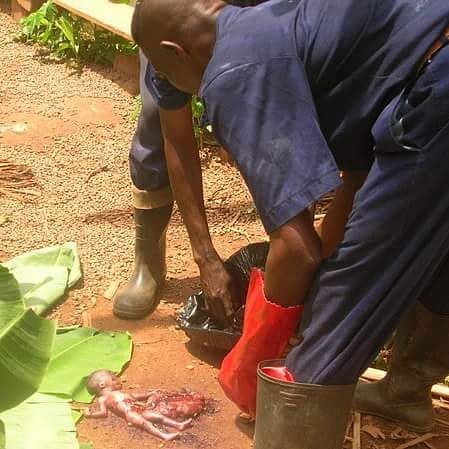
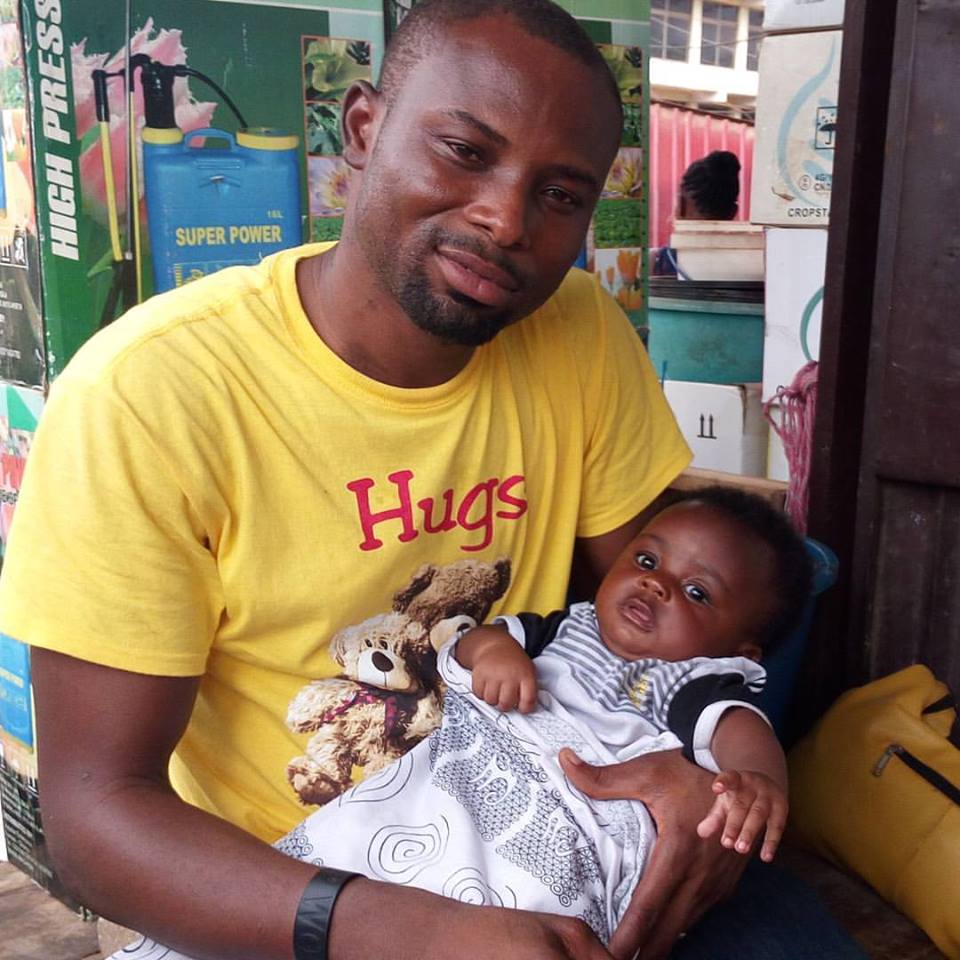
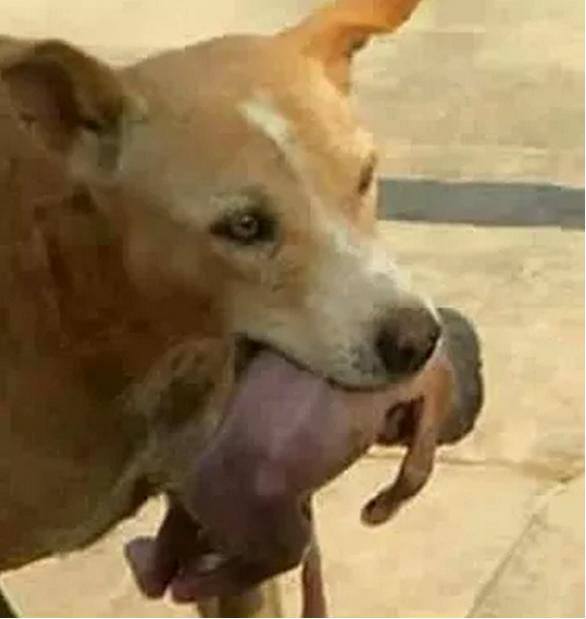
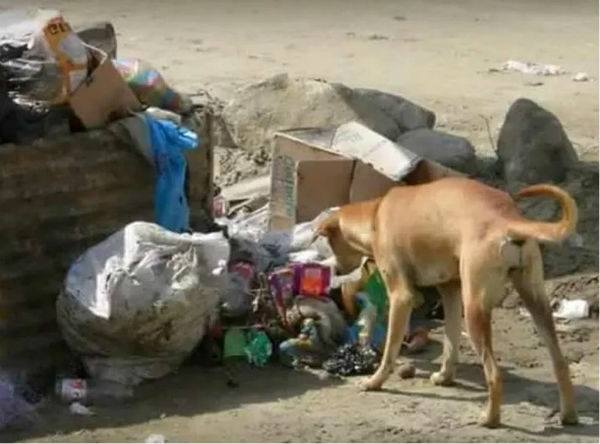



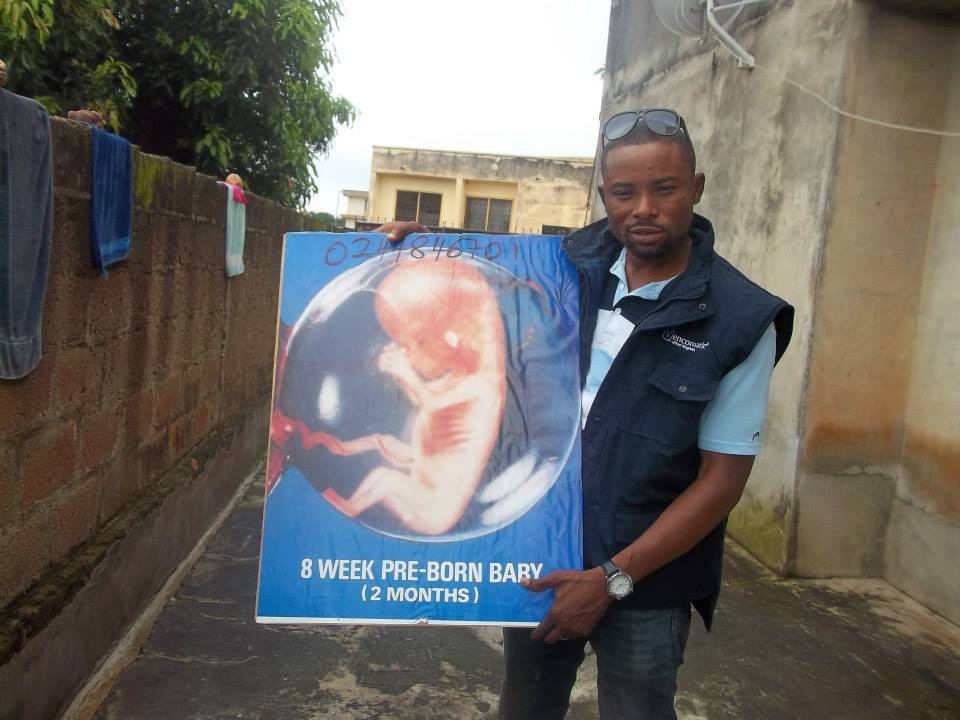

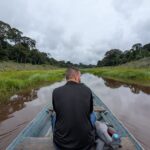

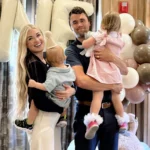

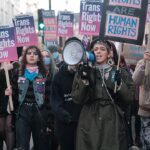
It’s sad that people have to resort to unsafe methods to have an abortion. If only there was an option for them to do it safely. Some are rape victims, some are in bad financial situation with no means for contraception. In patriarchical society such as Ghana, women are often not the ones to imitate sex, but ones to suffer the consequences.
The individual being interviewed described working “ to give support for mothers facing unplanned pregnancy, give HOPE to single mothers, support orphaned and needy children, give HOPE to our voiceless unborn babies facing abortion, and visit hospitals to meet the needs of new mothers at various homes etc.” as well as providing housing and medical checkups for pregnant women (though there is unfortunately not enough financial support). More efficient methods of abortion (those that kill the baby while posing less risk for the mother) would do nothing to fix the financial situation, patriarchal culture, or lack of birth control and send rape victims right back to their rapists while making it far easier to cover up the crime.